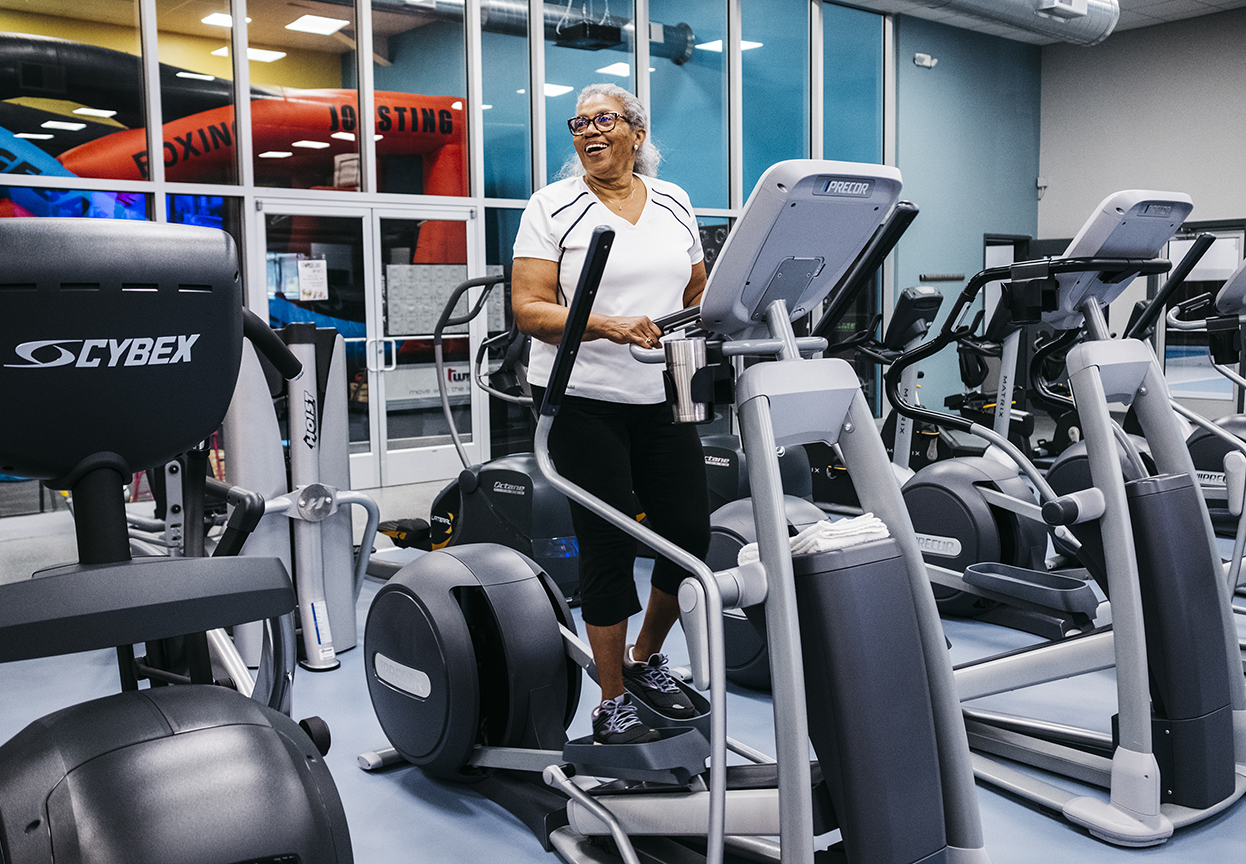AARP Hearing Center

By Melissa Preddy
Despite a lifelong weakness for sweet treats, Willie Vinson was shocked when she heard that the word “prediabetic” applied to her.
“What I knew about diabetes could fit in a thimble,” said Vinson, 79, of Lansing. “I was truly surprised—both at the diagnosis and at the changes I would have to make. You can’t be a sugar addict anymore, that’s for sure.”
Vinson is altering her lifestyle to lower her blood sugar and the risk of developing full-blown diabetes and wants to help others do the same. She’s one of several AARP Michigan volunteers helping to organize a four-part diabetes workshop that will take place the first four Wednesdays of October in Lansing.
The chronic condition, which occurs when the body doesn’t make the insulin needed to process glucose from food (causing sugar to build up in the blood), can be life-threatening if left unmanaged and can lead to serious complications such as heart disease and kidney failure.
More than 30 million Americans have diabetes, and another 84 million are prediabetic, American Diabetes Association data shows.
In 2017 an estimated 21 percent of Michigan adults age 55 or older suffered from the condition, which disproportionately affects Native Americans, African Americans and people with disabilities, said Lauren Neely, manager of the state Department of Health and Human Services’ diabetes and kidney unit.
The AARP diabetes series will feature talks by experts, along with blood testing and information about diabetes management programs that are offered by local health systems and that provide ongoing help.
The sessions will spotlight testimonials from those with the disease who have had success making changes, as well as from those who haven’t and are suffering the consequences, said Karen Kafantaris, AARP Michigan associate state director and organizer of the diabetes workshops.
“Many people don’t have symptoms and think they are fine, but it can be a silent killer,” she said.
Lifestyle changes are key
Type 1 diabetes is usually diagnosed in children and young adults, but type 2 generally develops later in life and is often linked to poor diet, lack of exercise and other lifestyle issues.
The four diabetes sessions are free and open to the public.
The first, on Oct. 2, will focus on prediabetes, which occurs when blood sugar is higher than normal but doesn’t reach the threshold for full-onset diabetes. It can often be reversed with nutrition, exercise and other lifestyle changes. The other three will discuss the following:
Oct. 9: the adverse effects of high blood sugar on organs such as the heart, kidneys and eyes, as well as disease management.
Oct. 16: behavioral changes and how to make them stick, with tips for modifying routines and making healthy meals.
Oct. 23: education, prevention and management resources.
The sessions will be held from 1 to 3:30 p.m., at the Delta Township District Library, 5130 Davenport Drive, in Lansing.
Attendees will be invited to check in at a follow-up session in January, and organizers aim to present the series elsewhere in Michigan in 2020.
Go to aarp.cvent.com/Diabetesworkshops2019DTDL or call 877-926-8300 to register for the October events.
Melissa Preddy is a writer living in Plymouth, Michigan.































































